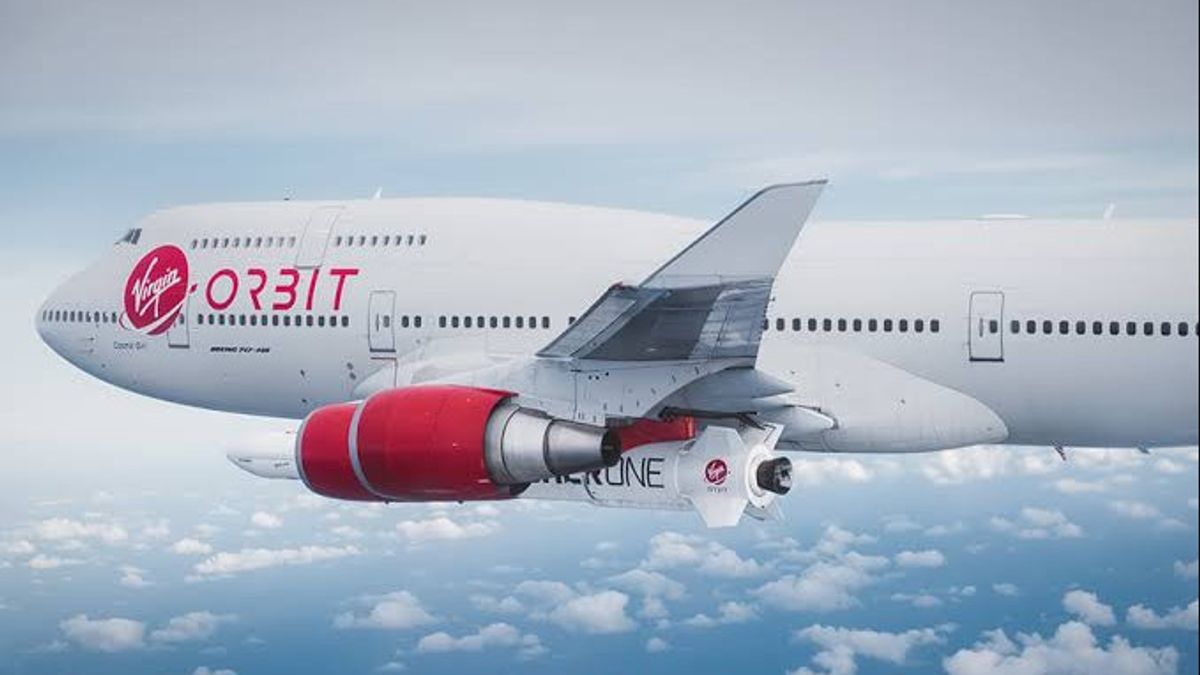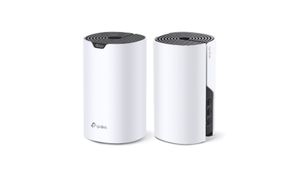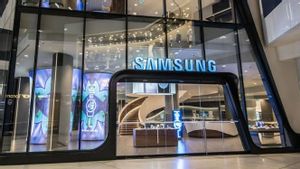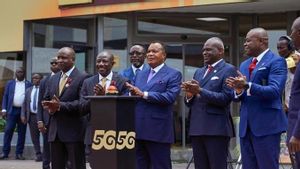JAKARTA - Virgin Orbit has announced the initial findings of its investigation into the failure of the historic Start Me Up mission that launched from Spaceport Cornwall, England, on January 9.
The investigation was led by Jim Sponnick of the United Launch Alliance (ULA) and Virgin Orbit Chief Engineer Chad Foerster, with oversight from the United States Federal Aviation Administration (FAA), Britain's Air Accidents Investigation arm and other authorities.
The team was given access to extensive telemetry data on launch collected by ground stations located in England, Ireland and Spain.
They also studied data recorded by Cosmic Girl, a converted Boeing 747 aircraft that serves as a flying launch platform for air-deployed rockets.
The mission used the two-stage LauncherOne spacecraft carrying commercial and government satellites.
During the investigation, the team confirmed that Cosmic Girl's pre-flight, take-off and flight preparations and the release of LauncherOne from under the wing of the aircraft were all successful.
Likewise, the first-stage ignition, flight, and LauncherOne separation, as well as the second-stage ignition and rocket fairing separation, went according to plan.
"Each of these milestones represents a first-of-its-kind achievement for any attempted orbital launch from Western Europe", Virgin Orbit said in an announcement of the results of its investigation.
“LauncherOne worked successfully on all four previous operational flights, accurately delivering 33 payloads to the required orbits,” he added.
However, that mission failed to reach the target orbit after the first burn of the second stage, the team determined that a $100 filter in the fuel feed line has slipped from its normal position.
Causing the fuel pump located downstream of the filter to not function properly and the Newton 4 engine to run out of fuel.
“This unusual behaviour resulted in the engine operating at a much higher than average engine temperature. Components downstream and around the abnormal heat engine eventually failed, causing the second stage thrust to prematurely stop", Virgin Orbit said.
This is what caused the craft to experience premature shutdown, eventually burning up along with the satellite payload during re-entry after falling back from space.
The company, founded by billionaire Richard Branson, takes mission failure as experience and makes it a lesson for the future.
Still, the mission, which was to be the UK's first orbital launch, was badly timed. The company said, however, that all four previous operational flights were successful, sending 33 payloads into the required orbit.
Now, Virgin Orbit is making plans to replicate flight conditions to determine the root cause or causes of the failure, as quoted from Express, Thursday, February 16.
SEE ALSO:
"Several tests are being conducted to support the investigation and help come to a definitive conclusion. Ultimately, all credible causes of failure will be addressed before the next LauncherOne mission", Virgin Orbit said.
Previously reported, the same thing was also stated by Virgin Orbit CEO Dan Hart, where evidence so far shows the filter in the rocket's second-stage engine came loose and caused problems.
"Everything points to, at the moment, the clear filter is present when we assemble the rocket but not there when the second stage engines are started, meaning it dislodges and causes damage downstream", explained Hart.
"It's like the $100 share that took us out", he added.
Hart also said Virgin Orbit would no longer use the filter and was currently looking at other avenues for improvements.
The English, Chinese, Japanese, Arabic, and French versions are automatically generated by the AI. So there may still be inaccuracies in translating, please always see Indonesian as our main language. (system supported by DigitalSiber.id)














